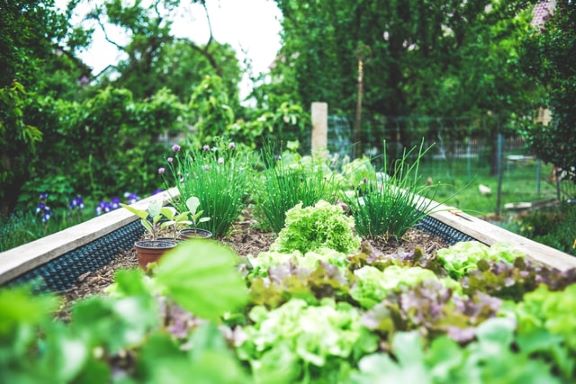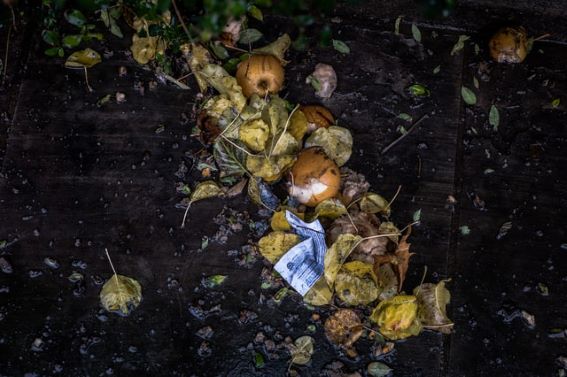How Growing Your Own Plants Can Save You Money

Growing your plants is a healthy way to save money. You get to enjoy the fruit of your labor, but you also get to save on grocery bills. Even the smallest of gardens can provide you with abundant fresh fruits, vegetables, and herbs when done correctly. However, it takes time, patience, and a bit of know-how to get started. Here are some tips on turning your green thumb into cash savings.
1. Plan Your Garden
The first step to growing your plants is to plan your garden. Determine how much space you have and what kinds of plants you want to grow. Once you know these things, you can research what kinds of plants will do well in your area and purchase the seeds or seedlings. You should also consider the amount of sunlight your garden gets, as some plants require more light than others. For example, if you grow vegetables, you will need to make sure they get enough sunlight. The same is true for flowers. Depending on the type of plant, you may need to provide additional lighting with grow lights.
2. Start From Seed
Starting your plants from seed can save you a lot of money. Seeds are usually much cheaper than plants, and you can start them indoors before the growing season begins. This will give you a head start on the gardening season. For example, if you want to plant Cannabis, you will need to start the seeds indoors as the plant requires a long growing season. To know the best seeds for cannabis, click here for more information. You will need to purchase a seed-starting kit that includes soil, trays, and peat pots to start your seeds. You will also need a grow light to start your seeds indoors. Once you have all of your materials, you can plant the seeds according to the instructions on the seed packet.
3. Use Compost
Compost is a great way to add nutrients to your soil without purchasing expensive fertilizers. It is also good for the environment as it reduces waste. You can make your compost by collecting kitchen scraps and leaves or purchasing it from a garden center. Self-made compost is often free or very low-cost. Start by collecting kitchen scraps such as vegetable peels, eggshells, and coffee grounds to make your own. You can also add leaves, grass clippings, and other plant matter to your compost pile.
4. Water Wisely
One of the most important things you can do for your plants is to water them correctly. Overwatering can drown your plants and cause root rot. Underwatering will make your plants more susceptible to pests and diseases. To ensure that you are watering correctly, check the soil before watering. If it is dry several inches down, it is time to water. Be sure to water at the base of the plant and not on the leaves. This will help to prevent diseases.
5. Mulch
Mulching is a great way to conserve water and protect your plants. It can also help to prevent weeds from taking over your garden. There are many different types of mulch available, so be sure to choose one right for your plants. Organic mulches such as straw, leaves, and grass clippings are good for most plants. Inorganic mulches such as stones and black plastic can also be used. Be sure to apply a layer of mulch two to four inches thick.
6. Practice Crop Rotation
Crop rotation is growing different crops in the same area in sequential order. This helps to prevent the build-up of pests and diseases in the soil. It also helps improve the soil’s quality, as different plants require different nutrients. To rotate your crops, start by dividing your garden into sections. Then, grow a different crop in each section each year. For example, you could grow tomatoes in one section, peppers in another, and squash in another. This will help to keep your garden healthy and productive.
7. Companion Planting
Companion planting is a method of growing plants together that benefit each other. For example, tomatoes and basil make good companions as they repel pests that damage each other’s plants. Other examples include beans and corn or garlic and roses. Companion planting is a great way to reduce the amount of pesticides you need to use. It is also good for the environment as it reduces the need for these chemicals.
Growing your plants can save you a lot of money. You can reduce gardening costs by starting your plants from seeds, using compost, watering wisely, and mulching. Crop rotation and companion planting are great ways to keep your garden healthy and productive. You can grow a bountiful garden without breaking the bank with a little planning and effort.




